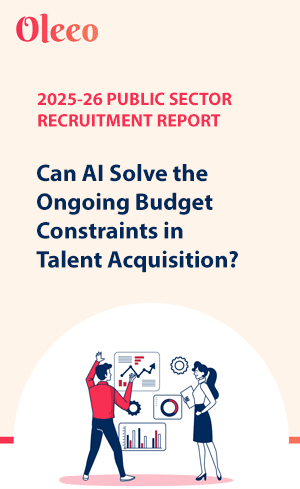Economic and Social Research Council
|
|
New tool will detect illegal trades in wildlife, say researchers
Special software that uses artificial intelligence to recognise potential illegal sales of wildlife and animal parts has been developed by researchers.
University of Southampton experts say the tool could help law enforcement teams worldwide bring criminals to justice and combat a market worth billions. It will be showcased at an event as part of the annual Economic and Social Research Council’s (ESRC) Festival of Social Science.
The visualisation device instantly alerts crime-fighting officers to suspicious activity online by extracting data from hundreds of forums and marketplaces. Type of payment method, shipping information, recurring names and key words that gangs are known to use are examples of details it is trained to spot.
The information collected is then converted into charts, diagrams and pictures which can be used in investigations or to trigger new ones. The software has been created as part of the ESRC-funded project FloraGuard which aims to identify solutions for preventing the illegal trade in animals and plants.
"Wildlife trafficking has a devastating impact on animal and plant species," says Dr Anita Lavorgna who heads up FloraGuard and is associate professor in criminology at the University of Southampton.
"It's also a crime with far-reaching implications for the environment, economies and national and global security. This tool will help combat this illegal industry and bring criminals to justice."
Evidence suggests the internet is fuelling the illegal wildlife trade including in rare plants, and in endangered animals and their body parts such as pangolin scales and ivory.
Some collectors are willing to pay crime gangs thousands for protected species including types of cacti. Others end up buying products that contain illegal ingredients unwittingly, according to Professor Lavorgna.
"The internet has made it easier for the sellers to operate undetected," she adds.
The ongoing ESRC-funded research has identified that policing of the activity is scarce and poorly resourced. Limited training as well as a lack of equipment and specific expertise are to blame for the fact law enforcement agencies are struggling.
The research team, supported by Royal Botanic Gardens Kew and UK Border Force, will issue guidelines later this year for policy-makers and law enforcement on best practice such as training.
The findings in this release will be shared as part of an event entitled Opportunities and Challenges in Curbing Wildlife Trafficking on 6 November for the general public. The event is part of the ESRC’s flagship annual Festival of Social Science and will include speakers from Royal Botanic Gardens Kew and UK Border Force.
Further information
Contact:
- Tamera Jones, Media and Communications Manager, tamera.jones@ukri.org, 0734 202 5443, 0117 905 7606
Notes for Editors
- Event: Opportunities and Challenges in Curbing Wildlife Trafficking
Organiser: Anita Lavorgna
Date: 6 November 2019 14:00 to 15:30
Venue: University of Southampton, Southampton
More Information: please contact Anita Lavorgna - The 17th annual Festival of Social Science takes place from 2-9 November 2019 with over 470 events nationwide. Run by the Economic and Social Research Council, part of UK Research and Innovation, the festival provides an opportunity for the public to meet some of the country’s leading social scientists to discover, discuss and debate how research affects their lives. With a range of creative and engaging events going on across the UK, there’s something for everyone including businesses, charities, schools and government agencies. The full programme is available at: esrc.ukri.org/festival. Catch up and join in on Twitter using #ESRCFestival.
- The ESRC is part of UK Research and Innovation, a new organisation that brings together the UK's seven research councils, Innovate UK and Research England to maximise the contribution of each council and create the best environment for research and innovation to flourish. The vision is to ensure the UK maintains its world-leading position in research and innovation.
- The ESRC is the UK’s largest funder of research on the social and economic questions facing us today. It supports the development and training of the UK’s future social scientists and also funds major studies that provide the infrastructure for research. ESRC-funded research informs policy-makers and practitioners and helps make businesses, voluntary bodies and other organisations more effective.
- UK Research and Innovation is a new body which works in partnership with universities, research organisations, businesses, charities, and government to create the best possible environment for research and innovation to flourish. We aim to maximise the contribution of each of our component parts, working individually and collectively. We work with our many partners to benefit everyone through knowledge, talent and ideas.
Original article link: https://esrc.ukri.org/news-events-and-publications/news/news-items/new-tool-will-detect-illegal-trades-in-wildlife-say-researchers/


